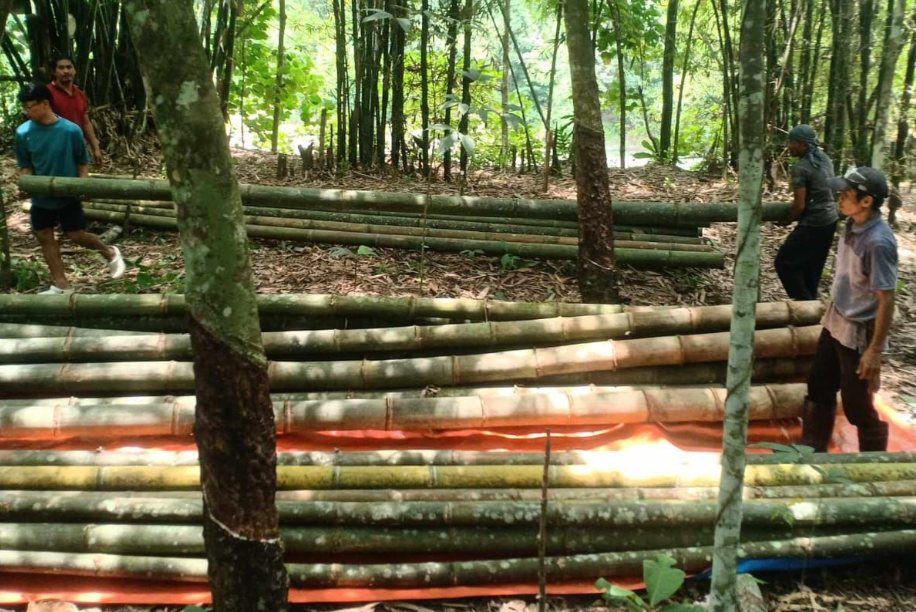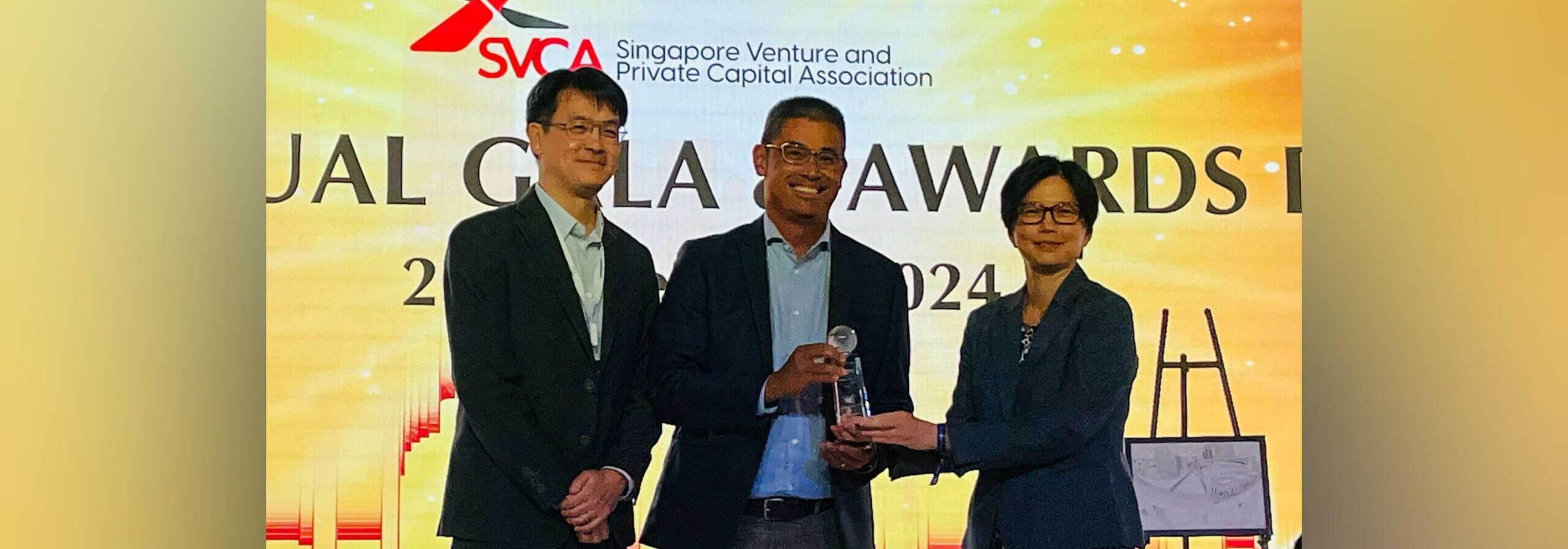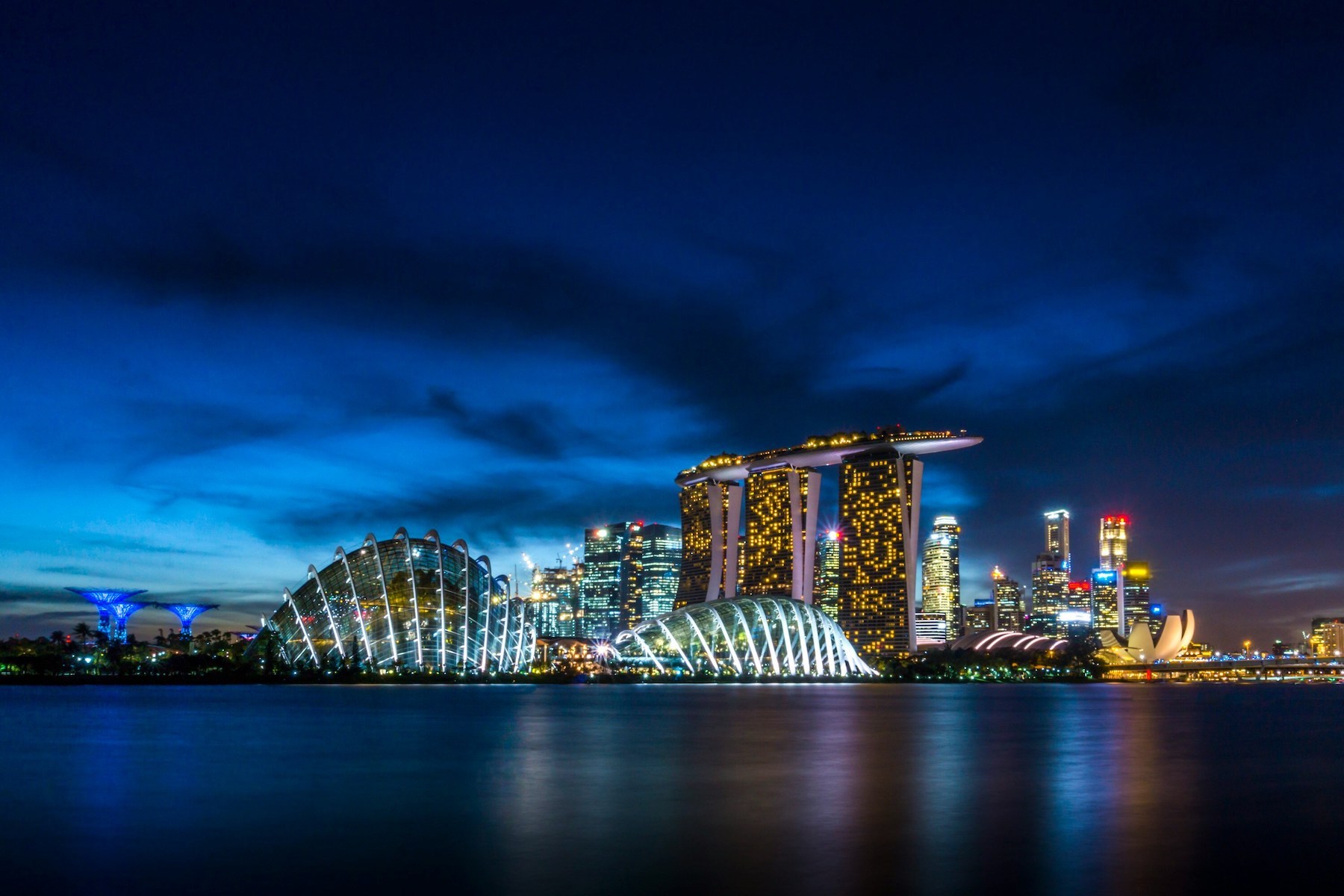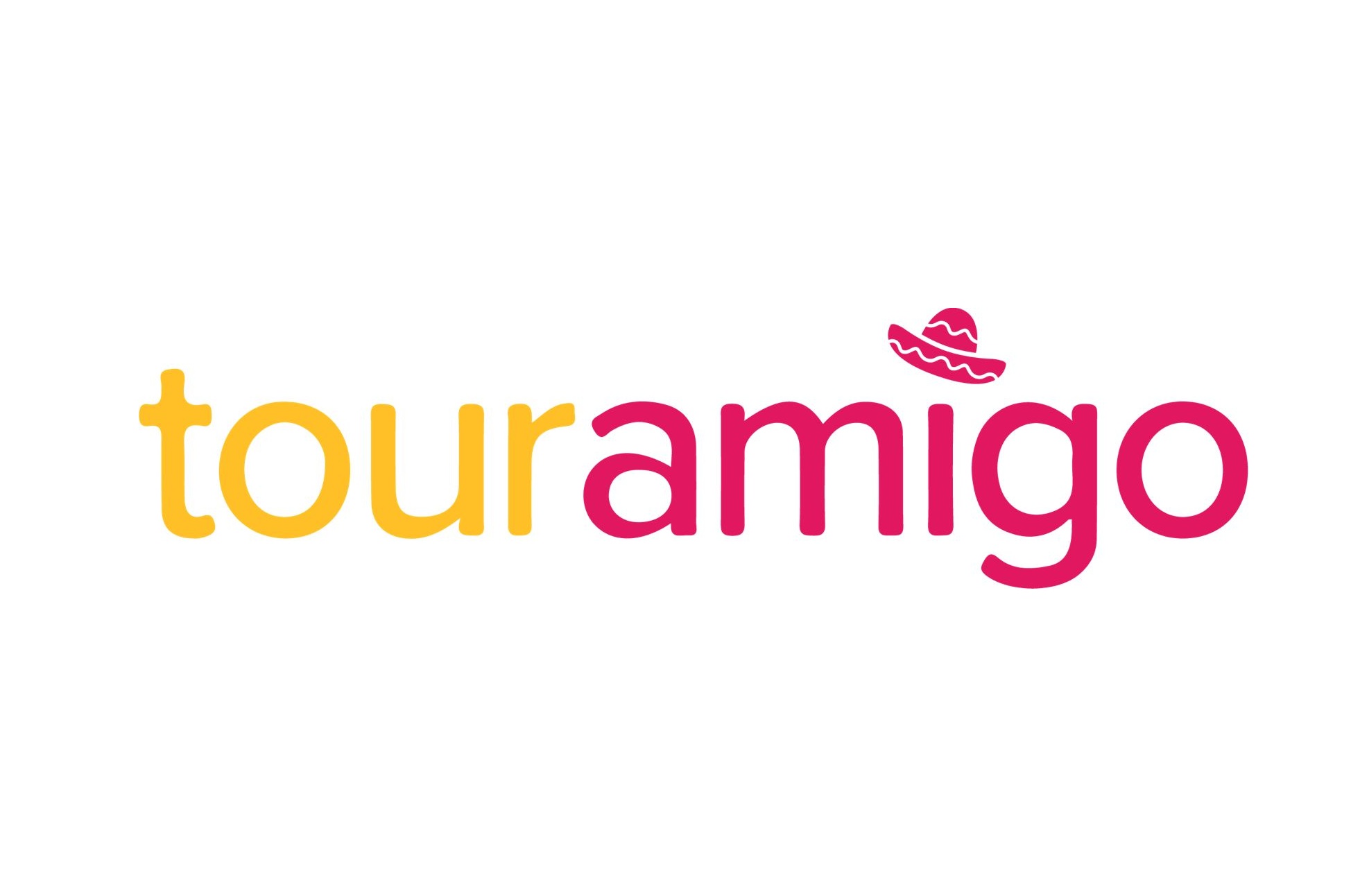- Read to learn Stevensang’s approach to business-building: how integrity drives GudangAda
- GudangAda is a one-stop shop for Indonesia’s B2B buyers and sellers
Stevensang is the founder and CEO of GudangAda, Indonesia’s largest and fastest-growing B2B fast-moving consumer goods (FMCG) e-commerce platform. His dream: to empower Indonesia’s FMCG supply chain by providing a one-stop platform for faster, cheaper, smarter, and larger online transactions.
GudangAda connects traders of all sizes—from multi-warehouse wholesalers to small mom-and-pop retailers—so they can meet and transact online. In this conversation with Wavemaker Partner’s Paul Santos, Steve explained how his decades of experience at Orang Tua Group (OT) gave him the foundation he needed to embark on his dream.
Paul: What were you like growing up? Can you share more about your background?
Stevensang: I grew up in a village in Kalimantan. My father was a farmer, and my mother was an FMCG trader. I would help her in our small warung (home-based mom-and-pop shop) at home. I moved to Jakarta for senior high school, then continued university there. I spent a lot of time in Java. I studied electrical engineering, actually.
Paul: What happened after?
Stevensang: After graduating, I somehow found myself in a fashion company in Jakarta. [Laughs.] I found out, okay, fashion is something I do not want to do. And I then moved to Orang Tua Group, one of the largest FMCG businesses in the country.
I started my career there as a supervisor, hopping around from island to island—Java, Sumatra, Sulawesi—getting to know the unique character of each city. After about seven years, I was promoted to middle manager.
Around 2004, I was promoted as the CEO of the company’s distribution company. This is when I had a real chance to explore my passion for technology. I began digitalizing the supply chain and implementing tools such as salesforce automation.
Fast forward nearly a decade. In 2013, we were building a B2B e-commerce solution for the company—but we found it was difficult to scale up because of conflicts of interest. We were only able to sell our own products.
In the last five years before I left the company, I was sitting on the board and helping the business expand to other regions and other retail businesses. All these years at OT gave me a very strong foundation of knowledge in FMCG, plus good relationships with wholesalers.
Choosing integrity every day
Paul: I remember two things from our first conversation about the challenges that FMCG wholesalers (typically family businesses) faced. The first was how operations were becoming more difficult. Costs were going up, margins were under pressure and the next generation wasn’t very interested in the business. The second was the new and growing threat that the giant e-commerce platforms could move into the space too.
Stevensang: Yes, that’s right.
Paul: Was it difficult to make them aware of these challenges?
Steve: Not entirely. For example, I would schedule lunch with 10 different wholesalers whom I knew. Upon sharing the platform with them, five of them would just agree to join right away because of our good working relationship and trust. This is the importance of integrity.
After that, it was simply a matter of waiting—five would say yes because they trusted me, and the other five would often join along afterward after realizing that they needed the solution I provided in GudangAda.
Paul: How did you decide integrity was important?
Stevensang: That came from my parents. They always told me every day that no matter how difficult your situation is, you must be an honest person. That is a value I now share with my children and the company. I think that’s the most important value when you want to start a business, especially one that is built on relationships.
Paul: Have there been times when you had to make painful decisions for the sake of integrity?
Stevensang: Yes of course. Earlier this year I decided to take away our discounts because I wanted to establish the value we create for our customers. I knew this would soften our GMV in the short term and potentially undermine our fundraising process. I remember my employees urging me to wait until after the next round to do this, but I decided I could not do that. I wanted potential new investors to see the full picture. Fortunately, GMV rebounded quickly by the second month and our revenues grew even faster.
Learning from the impact of Covid-19
Paul: Can you tell us more about the impact of Covid-19 on GudangAda? It’s been over a year now.
Stevensang: When I first founded GudangAda, I never expected Covid-19. Over the course of this year, I’ve learned three key lessons.
First, founders need what I call a revolutionary mission. It’s easy to get frustrated when you fail in your business, or when external situations are so challenging. But if you have a mission that drives you, you can keep fighting. Mine is technology: technology makes things happen. It can make the impossible possible. I believe in the power of tech.
Second, keep eliminating bureaucracy. Each leader should take responsibility and make quick decisions to solve problems. We must all share the responsibility.
Lastly, obsession with customers. By building close connections with our customers—our principals, wholesalers, retailers, buyers—we can create the best features and products that really fit their needs. I even fought with my family because I would continue to go out into the field to see what was happening on the ground. I could have stayed home and left this work to someone else. But I want to take responsibility for the decisions I make, and these kinds of trips fueled my decision-making process.
I suppose I’ll add that teamwork is very important. I know my strengths and weaknesses very well. I believe that to build a great company, you must build a great team, which is one that can cover your weaknesses.
Paul: And what are yours?
Stevensang: I’m not great at details. I can look at the big picture and connect the dots, but when it comes to detail, I struggle. Sometimes my team says that I’m too far away from what they’re discussing and not connected to what they need at that moment. Often, I need someone to translate the ideas in my mind into action.
Building a culture of closeness
Paul: You mentioned the importance of teamwork, and I want to explore that more. We often hear people talking about “culture.” But culture is a fuzzy word. People say it’s important, but how do you actually nurture, safeguard, and strengthen culture?
Stevensang: When we talk about character, we lead by example. If I talk about integrity, I have to practice it first. If I want my employees to be close, I have to be close. I will eat my lunch—the exact same lunch—as my employees, and we eat together. I work in the same room as they do. We also regularly host internal communication sessions to express our culture to all the employees.
As someone who is older, I also realize that we have to collaborate. I am the older one here, and much of my workforce consists of millennials and Generation Z. That means bridging the gap is very important. It’s not about competing with each other but collaborating. Our experience strengthens the young people. We are open for everyone to share their ideas, and we will work together to make the best ones happen.
Planning ahead for FMCG digitalization
Paul: Tell us more about your own ideas and dreams.
Stevensang: I envision a B2B omni-channel e-commerce platform for Indonesia. I dream that anyone who wants to build a B2B business can simply go to GudangAda and get all their needs solved.
Paul: And what is your big challenge for 2021?
Stevensang: Adoption will continue to be a challenge. Digitalization certainly needs to happen, but FMCG traders are rarely tech-savvy. That’s why many people on our team are now creating educational content such as tutorials and videos, to guide clients through the process.
What we’re doing—a one-stop solution in a complex ecosystem that encompasses logistics services, merchant services, point-of-sale and data services, even financial services—is very new. To convince merchants and FMCG sellers to join, we need to convince them that we aren’t taking their business, but truly wish to empower them.
We are also challenging ourselves to build fairly simple, user-friendly, but more powerful features that fit the needs of our users. It’s a big challenge, but we see that the FMCG digitalization opportunity is extraordinarily large in Indonesia.
Paul: As a venture capital firm, we’re always trying to see how we can become better partners to our founders. Any advice for us? How can we be more helpful to you?
Stevensang: Investors who are familiar with their portfolio’s businesses and landscapes. For example, I’m in Indonesia—investors can bring insight from similar businesses based in other countries, like the Philippines, Malaysia or Singapore. Familiarity with our own markets is also a plus. Connecting us to talent is very helpful. And finally, providing synergy by connecting us to others in the portfolio and perhaps even fostering collaborations.
Paul: Let’s wrap this up with one final question. What’s one piece of advice you’d give to a new founder?
Stevensang: Know what you are looking for. You need to have a clear path that guides you. And of course: keep your integrity.

